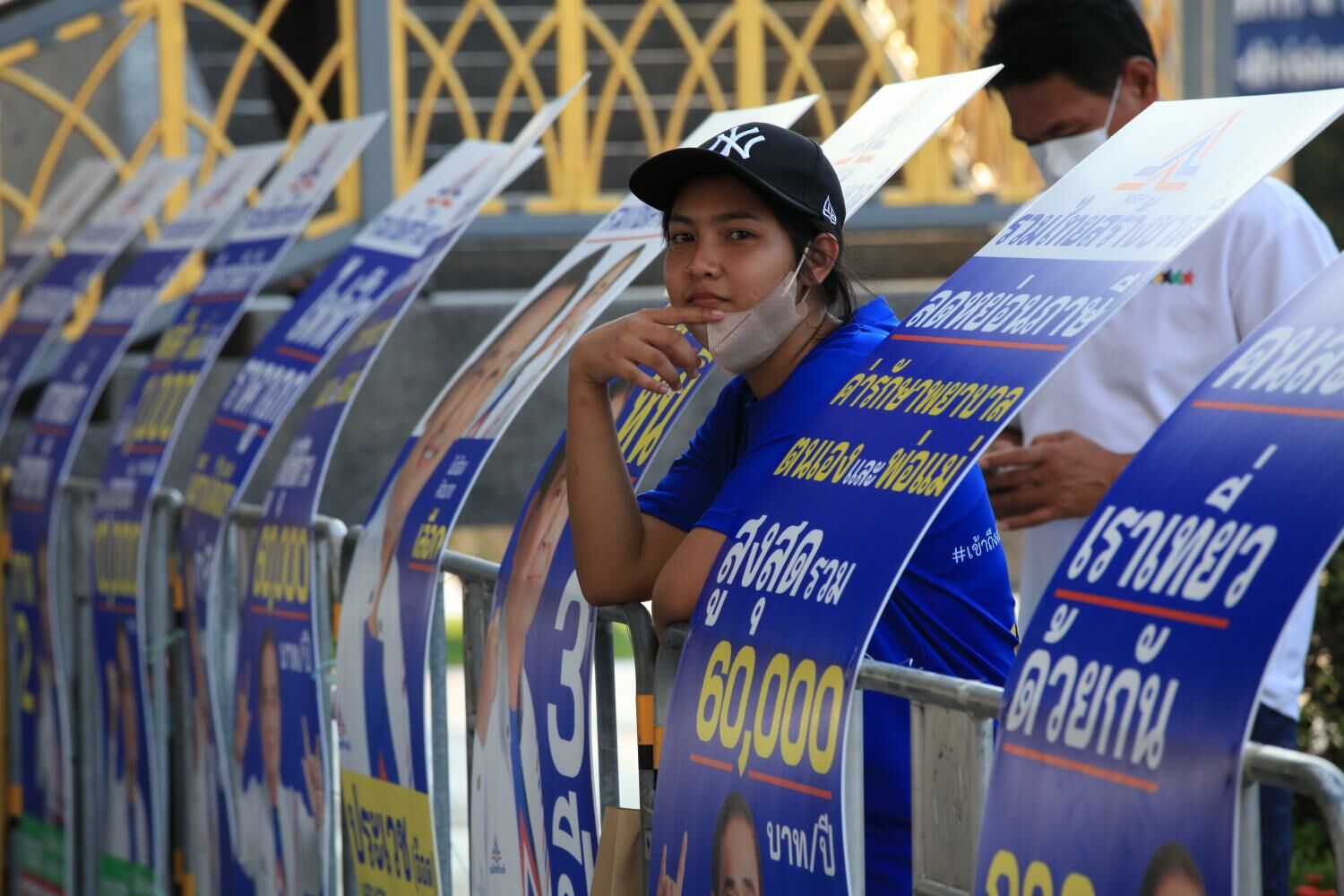Funding populist policies: borrowing or tax hikes?

During the general election, political parties presented various populist pledges aimed at attracting voters. Among these were the controversial 10,000-baht digital wallet handout for individuals aged 16 and over, increasing minimum daily wages, raising minimum monthly salaries for university graduates, suspending debts for farmers, cutting electricity tariffs, and increasing the monthly allowance for people aged 60 and over. The Thailand Development Research Institute estimated that around 3 trillion baht will be needed to fulfil 87 populist policies pledged by nine political parties. However, the sources of funding for these policies are yet to be determined, prompting concerns regarding potential tax increases and further borrowing that could escalate public debt.
Kobsak Pootrakool, chairman of the Federation of Thai Capital Market Organizations, suggested that either increased borrowing or tax collection may be utilized by the new government to fund short-term populist policies. Kriengkrai Thiennukul, chairman of the Federation of Thai Industries (FTI), believed that directing efforts towards tax reform and building new industries and businesses, especially in high-tech sectors, could potentially generate tax revenue. He also acknowledged that, for the new government, increasing tax collection appears to be the more viable option.
Sanan Angubolkul, chairman of the Thai Chamber of Commerce, emphasized the importance of considering the feasibility of proposed policies and the financial capabilities of the country in order to avoid negative impacts and future burdens. He also discussed the necessity to expand the tax base of the country by pursuing tax reform, attracting more business investment, and offering a modern tax refund system. Additionally, Thienprasit Chaiyapatranun, vice president of the Thai Hotels Association (THA), proposed that unregistered accommodations should be legalized and included in the tax system via registration under the Hotel Act. Furthermore, Suphachai Chearavanont, chairman of the Digital Council of Thailand, suggested that embracing digital transformation would be advantageous, with Thailand’s GDP ranking 26th globally and its digital competitiveness ranking 40th out of 63 nations in 2021, reports Bangkok Post.
Latest Thailand News
Follow The Thaiger on Google News:
























